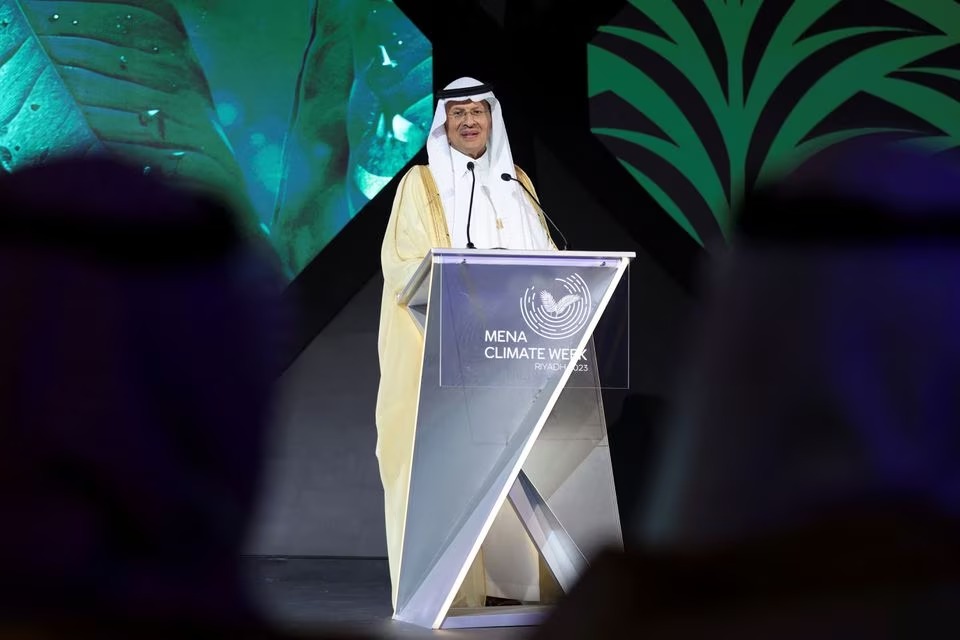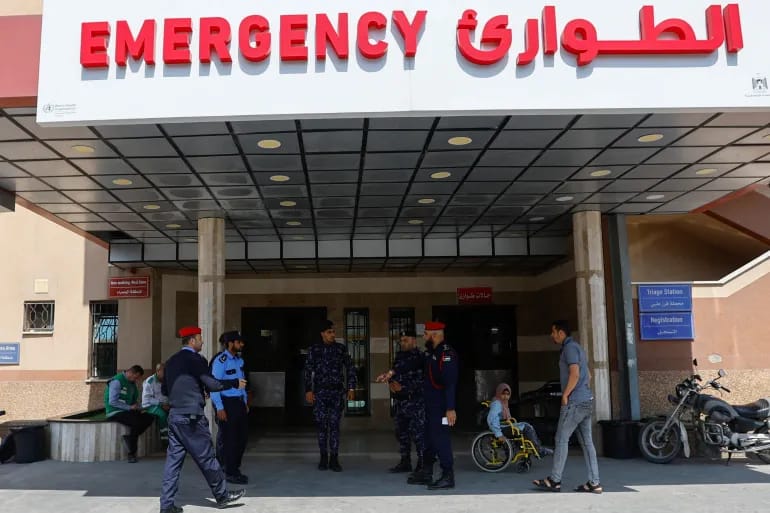Saudi Arabia has announced its groundbreaking initiative, the Greenhouse Gas Crediting and Offsetting Mechanism (GCOM). This ambitious scheme, set to launch early next year, allows companies to offset their emissions by purchasing credits from projects committed to reducing or eliminating greenhouse gas emissions. The move is poised to make a remarkable impact on global environmental efforts and aligns with Article 6 of the Paris Climate Agreement. The GCOM initiative was unveiled at the United Nations’ MENA Climate Week in Riyadh, marking a pivotal moment in the Kingdom’s commitment to addressing the climate crisis.
Kingdom Launches Innovative Initiative at MENA Climate Week
The Kingdom of Saudi Arabia’s remarkable announcement unfolded during the United Nations’ MENA Climate Week, as it introduced its Greenhouse Gas Crediting and Offsetting Mechanism (GCOM). This innovative initiative is designed to incentivize the large-scale deployment of emission reduction and removal activities, in line with climate-related national strategies, policies, and programs. The GCOM scheme is a testament to the Kingdom’s dedication to combating climate change, setting a new standard for global climate leadership.
GCOM’s website explicitly states that participation in this initiative is voluntary and project-based, encompassing a wide array of metrics related to both greenhouse gases and non-greenhouse gases across all sectors. This inclusivity means that public and private sectors, as well as subsidiaries of foreign firms, can engage in this game-changing venture. The flexibility of the GCOM scheme is expected to garner widespread interest and participation, fostering global cooperation in the fight against climate change.
Incentivizing Emission Reduction Activities on a Global Scale
At the core of the GCOM initiative is the drive to motivate emission reduction and removal activities on a global scale. By allowing companies to purchase credits from projects actively working to lower their emissions, this scheme empowers entities to take proactive measures in minimizing their carbon footprint. The potential for massive emissions reductions and the associated environmental benefits are indeed promising.
Saudi Arabia’s commitment to this initiative isn’t new; a year ago, the nation’s sovereign wealth fund, the Public Investment Fund, made a significant stride by establishing the Regional Voluntary Carbon Market Company (RVCMC) in collaboration with Saudi’s Tadawul Group, the operator of the Riyadh-based Saudi Exchange. The launch of the GCOM initiative further solidifies the Kingdom’s resolve to lead the charge in creating a sustainable future.
Public and Private Sectors Welcome Saudi Arabia’s Climate-Forward Move
The GCOM initiative has been met with a warm welcome from both the public and private sectors. Its voluntary and project-based approach aligns with the diverse needs and capabilities of various entities. This inclusiveness ensures that not only governments but also private businesses and foreign subsidiaries can actively participate in emissions reduction efforts, making a collective impact that transcends boundaries.
As the world grapples with the far-reaching consequences of climate change, Saudi Arabia’s GCOM initiative offers a beacon of hope. By providing a clear pathway for corporations to offset their emissions, it sets the stage for a more sustainable, climate-conscious future. This groundbreaking scheme is a testament to the Kingdom’s dedication to environmental stewardship, further reinforcing its position as a climate leader on the global stage.
In conclusion, Saudi Arabia’s Greenhouse Gas Crediting and Offsetting Mechanism is a transformative step towards addressing the climate crisis. As the global community continues to grapple with the effects of climate change, this initiative serves as a potent example of the power of collective action and innovative thinking. With its broad inclusion of sectors and voluntary participation, the GCOM initiative is a pioneering force in the fight against climate change, offering hope for a more sustainable future for all.
















